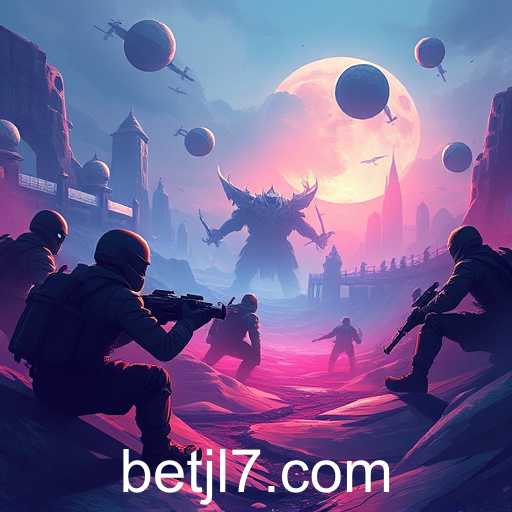The digital gaming industry is experiencing a significant transformation in 2025, driven by technological advancements and changing consumer preferences. The increased accessibility to high-speed internet and more powerful gaming hardware has led to a surge in player engagement worldwide.
One of the most significant developments is the rise of cloud-based gaming services, which allow gamers to stream high-quality games without the need for expensive consoles. This shift has democratized access to gaming, making high-quality titles available on a wide range of devices, from smartphones to tablets and laptops.
Additionally, virtual reality (VR) and augmented reality (AR) continue to gain traction, offering players more immersive experiences. These technologies have not only enhanced gameplay but have also paved the way for new genres and innovative storytelling methods. Developers are harnessing these tools to create expansive virtual worlds, where players can explore and interact in unprecedented ways.
As gaming continues to evolve, so do the communities that form around them. Online multiplayer games have become social hubs, where players from diverse backgrounds come together to collaborate, compete, and communicate. This global convergence has fostered a sense of camaraderie and brought about a new era of community-driven content creation.
Despite the overwhelming excitement surrounding these advancements, the industry also faces challenges. Privacy concerns and ethical considerations around data usage have sparked debates among policymakers and gamers alike. As the industry grows, it will be crucial to address these issues to ensure a sustainable and inclusive future for all players.
Looking ahead, the potential for artificial intelligence (AI) to further shape gaming experiences is immense. AI-driven characters and responsive environments promise to deliver more personalized and dynamic interactions, making each playthrough unique. As we move deeper into 2025, the intersection of technology and creativity will continue to redefine the boundaries of gaming.








